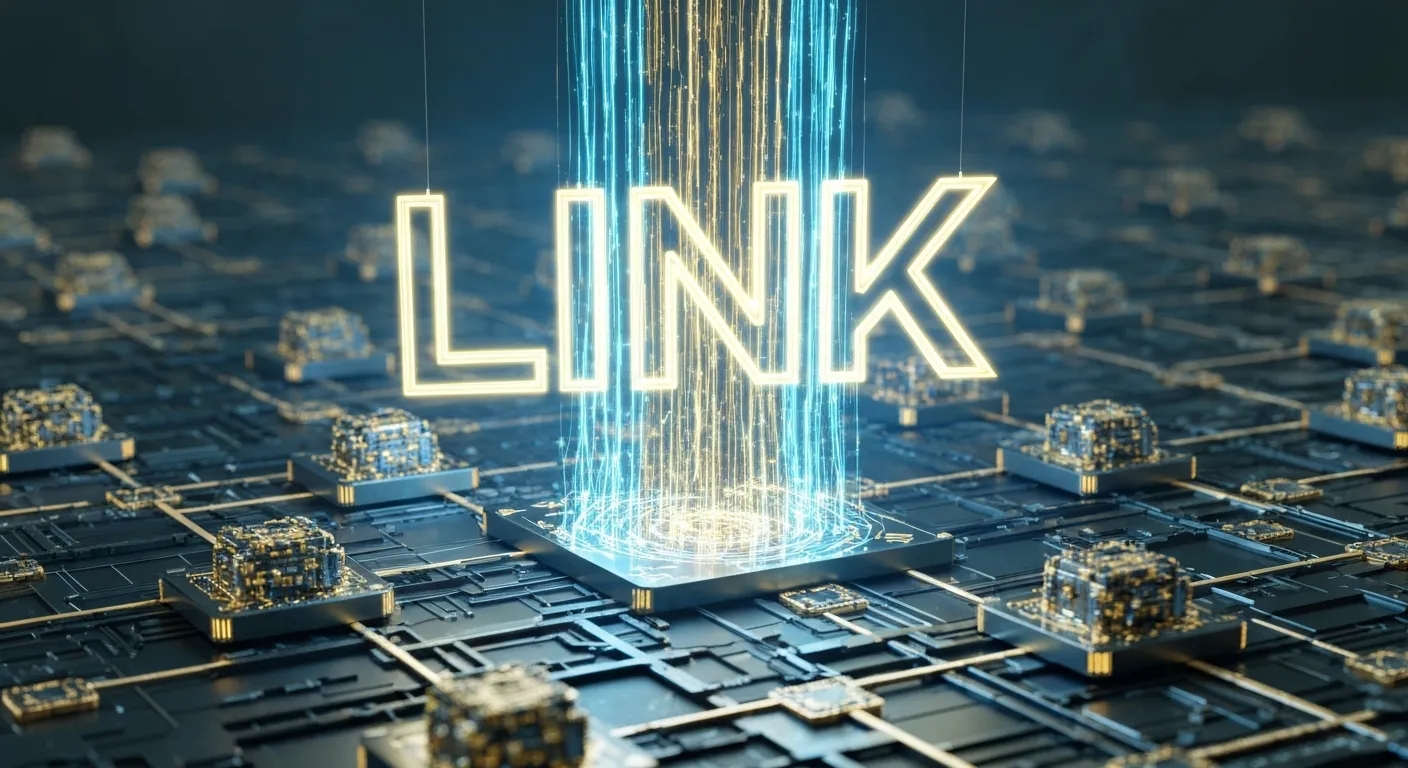For years, the 'multichain' dream has been a bit of a quiet nightmare. We built all these powerful, sovereign blockchains, but trying to move value between them has meant trusting a dizzying array of third-party bridges, each with its own risks. It felt like relying on a patchwork of sketchy, uninsured courier services to move billions of dollars. The history of Web3 is littered with the corpses of nine-figure bridge hacks. This wasn't a sustainable foundation for an open financial future.
The only real solution was to build something that felt less like a patchwork of private couriers and more like a universal, hyper-secure diplomatic messaging service for all blockchains. It needed to be a neutral, open standard that everyone could trust. This is the monumental ambition behind Chainlink's Cross-Chain Interoperability Protocol, or CCIP.
Think of each blockchain as a sovereign nation. CCIP is the protocol that allows them to securely exchange not just packages (tokens), but also sensitive messages and instructions ('Execute this function on your side when this condition is met on my side'). This is what 'cross-chain automation' truly means: the ability to create complex applications where smart contracts on one chain can reliably and automatically trigger actions on another.
This entire system is powered by the same decentralized oracle networks that have been battle-tested for years securing DeFi, acting as the trusted, independent verifiers for every cross-chain message.
So, how do I track the adoption of this new global standard? I'm not just looking at the price of LINK. I'm watching for new 'diplomatic relations' to be established. When a major blockchain announces it is integrating CCIP, it's like a nation joining a new global trade and communications pact. I watch the on-chain dashboards that show the volume of messages and value being transferred through this new secure channel. A rise in this volume means more and more of the digital world is choosing the secure, standardized protocol over the risky private couriers of the past.
The future of the internet of value will not be built on a single chain, nor will it be built on a foundation of insecure, fragmented bridges. It will be an internet of interconnected blockchains, all speaking a common, secure language. Building that universal language is one of the most difficult and important engineering challenges of our time. With CCIP, Chainlink isn't just participating in the race; it is attempting to build the very road that all others will eventually travel on.

